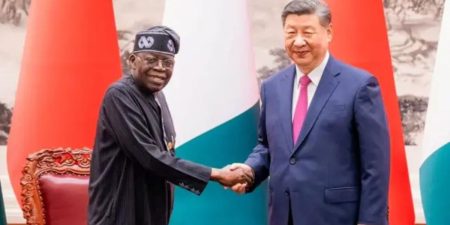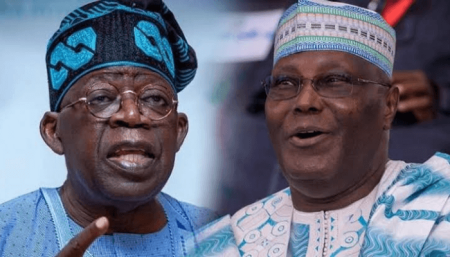
21 June 2015, News Wires – In a bid to forestall JPMorgan’s warning that it shall remove Nigeria from its Government Bond Index (GBI-EM) by the end of the year, the Central Bank of Nigeria, CBN, has met with chief executives and treasurers of commercial banks.
Bank sources disclosed that the meeting discussed issues surrounding the central bank’s foreign exchange policy, reported Reuters.
The meeting also discussed measures to improve liquidity in the foreign exchange market. The CBN Governor, Mr. Godwin Emefiele, had assured jittery investors that the central bank was “doing everything possible” to ensure that the country remained on the JP Morgan Index in order to avoid the adverse consequences which the country’s exclusion could cause.
The central bank imposed tight controls on the foreign exchange market in February in a bid to curb the weakening of the naira in Africa’s biggest economy.
The CBN recently adjusted its exchange rate peg to N196.90 to a dollar at the interbank market, the rate it closed with yesterday, from N196.95/$1. The naira has been stable at the interbank market.
The central bank had previously made a tiny adjustment to the exchange rate peg, with analysts saying the move indicated that the CBN was beginning to think about how to loosen its currency regime.
A dealer said the central bank was trying to gauge the level at which it could defend the naira, but noted that the bank was running low on ammunition to do this.
JPMorgan recently warned that it might eject Nigeria from its GBI-EM by the year end unless Africa’s biggest economy restores liquidity to currency markets in a way that allowed foreign investors tracking the benchmark to transact with minimal hurdles. JPMorgan said it extended the deadline to eject Nigeria by another six months to take into account the arrival of President Muhammadu Buhari.
JPMorgan, which runs the most commonly used emerging debt indices, placed Nigeria on a negative watch in January, then said it would assess its place on the index over a three to five-month period.
“Nigeria’s status in the GBI-EM series will be finalised in the coming months but no later than year-end,” the international bank said. However, analysts have pointed out that it would not be in the interest of JPMorgan to see Nigeria excluded from that index. Removal from the index would force funds tracking it to sell Nigerian bonds from their portfolios, potentially resulting in significant capital outflows.
This in turn would raise borrowing costs for Nigeria, already suffering from a sharp revenue drop following a plunge in oil prices. JPMorgan included Nigeria on the widely followed index in 2012, when liquidity was improving, making it only the second African country after South Africa to be included. It then added Nigeria’s 2014, 2019, 2022 and 2024 bonds.



